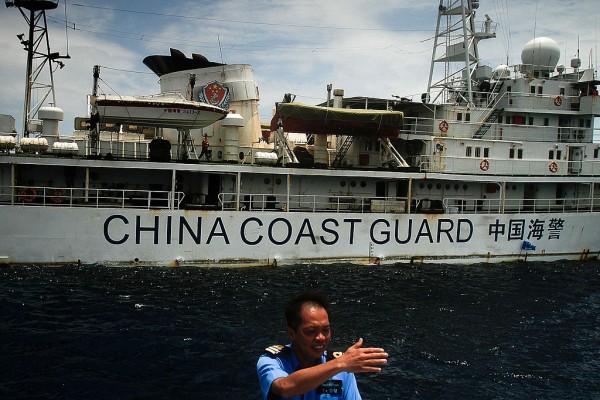Underwater resources will still be plundered even after an international ruling on an arbitration case filed by the Philippines on South China Sea maritime disputes have been released, experts say.
The verdict is out but many are still uncertain what the future holds for the South China Sea and its underwater riches that have been much coveted by neighboring countries in the region.
In a report from Reuters, some experts expressed their concern about how China will react especially in terms of the resources hidden beneath the crystal blue waters in the region.
According to the ruling released on Tuesday, China has no legal right to claim historical control over the waters and that it had violated the Philippines' rights when Chinese vessels breached Philippine sovereignty in the energy-rich waters.
The Philippines celebrated the victory but China remained indignant and rejected what it described as a "law-abusive" decision.
Hong Kong University Marine Ecology Emeritus Professor Brian Morton sees this as a sign that China will not back down and will continue to plunder the resources within its coveted nine-dash line.
"China will take no notice of the Hague ruling. And it will be virtually impossible to restore the reefs given global warming and destructive fishing techniques continuing," he said.
University of British Columbia Associate Professor William Cheung believes so too.
"I think the dispute is still posing large uncertainties to the management of resources and conservation of ecosystems in the South China Sea, after the Hague ruling," he told Reuters.
Cheung said that this is mainly due to China's rejection of the ruling, saying that as long as the country does not heed the decision of the international court, there would not be any cooperation between nations concerned and the underwater resources continue to be plundered.
Meanwhile, Chinese Foreign Ministry spokesperson Lu Kang tried to ease such worries in a statement to the press on Wednesday claiming that the Middle Kingdom "cares about the environment and ecology" in the South China Sea "more than any other country."
"In fact, we have taken many steps to protect the ecology and environment," he added.


